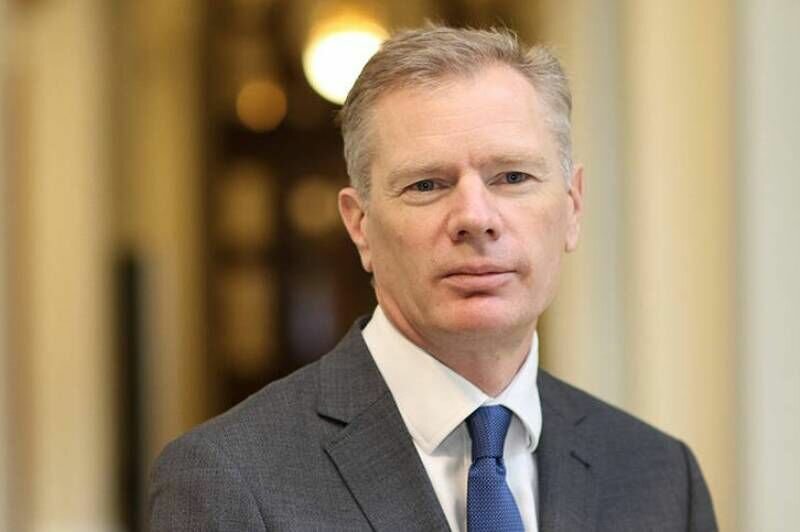U.S. maximum pressure against Iran will reach nowhere: diplomat

TEHRAN – The British Ambassador to Tehran, Rob Macaire, has said that the U.S. policy of exerting maximum pressure against Iran will reach nowhere.
In an interview with an Iranian newspaper published on Sunday, he expressed regret over Washington’s act in quitting the 2015 nuclear deal, officially known as the Joint Comprehensive Plan of Action.
He told the Kar-o Karegar publication that Britain will remain committed to implementation of the JCPOA as long as Iran does so.
The ambassador added that London will make any efforts to help Iran enjoy benefits of the deal.
Jens Ploetner, the political director at the German Foreign Ministry, also held talks with Iranian Deputy Foreign Minister for Political Affairs Araghchi last Thursday in Tehran. Ploetner said Germany will “remain committed” to the JCPOA.
Ploetner also said, “European countries will keep up their efforts and consultations aimed at meeting Iran’s demands and preserving the JCPOA.”
On May 8, Iran announced a partial withdrawal from some aspects of the pact, saying that the country would no longer adhere to some of the limits on its nuclear activities. It also threatened to step up uranium enrichment if an agreement is not made within 60 days to shield it from the sanctions’ effects.
Under the JCPOA, Iran agreed to put caps on its nuclear work in exchange for termination of economic and financial sanctions. However, U.S. President Donald Trump unilaterally pulled Washington out of the nuclear deal in May 2018 and ordered reimposition of sanctions against Iran. The first round of sanctions went into force on August 6 and the second round, which targets Iran’s oil exports and banks, were snapped back on November 4.
Also, on April 22 the U.S. announced that Washington has decided not to extend waivers allowing major importers to continue buying oil from Iran. The waivers ended on May 2.
Russian President Vladimir Putin, German Chancellor Angela Merkel and French President Emmanuel Macron held a phone conversation on May 21, discussing ways to preserve the nuclear deal and continuing economic and trade cooperation with Iran.
“Discussing developments related to the Joint Comprehensive Plan of Action on the Iranian nuclear program, the leaders noted the importance of preserving this agreement that is a key factor in maintaining international stability and security. They confirmed the commitment of Russia, France and Germany to continuing mutually beneficial trade and economic cooperation with Iran,” the Kremlin said in a statement.
U.S. Secretary of State Mike Pompeo has said that Washington will not stand in the way of a system Europeans are developing to shield companies dealing with Iran from the U.S. sanctions, so long as it provides only humanitarian and other permitted goods.
“When we think about INSTEX, if it’s aimed at facilitating the movement of goods that are authorized to move, it’s unproblematic,” AP quoted him as saying after a meeting with German Foreign Minister Heiko Maas on Friday.
On January 31, France, Germany and Britain, the three European parties to the Joint Comprehensive Plan of Action, announced the creation of INSTEX, a special purpose vehicle aimed at facilitating legitimate trade between European economic operators and Iran.
On March 20, Iran’s central bank governor Abdolnaser Hemmati announced that a mechanism similar to INSTEX has been registered in Iran, officially called the Special Trade and Finance Institute (STFI).
NA/PA
Leave a Comment